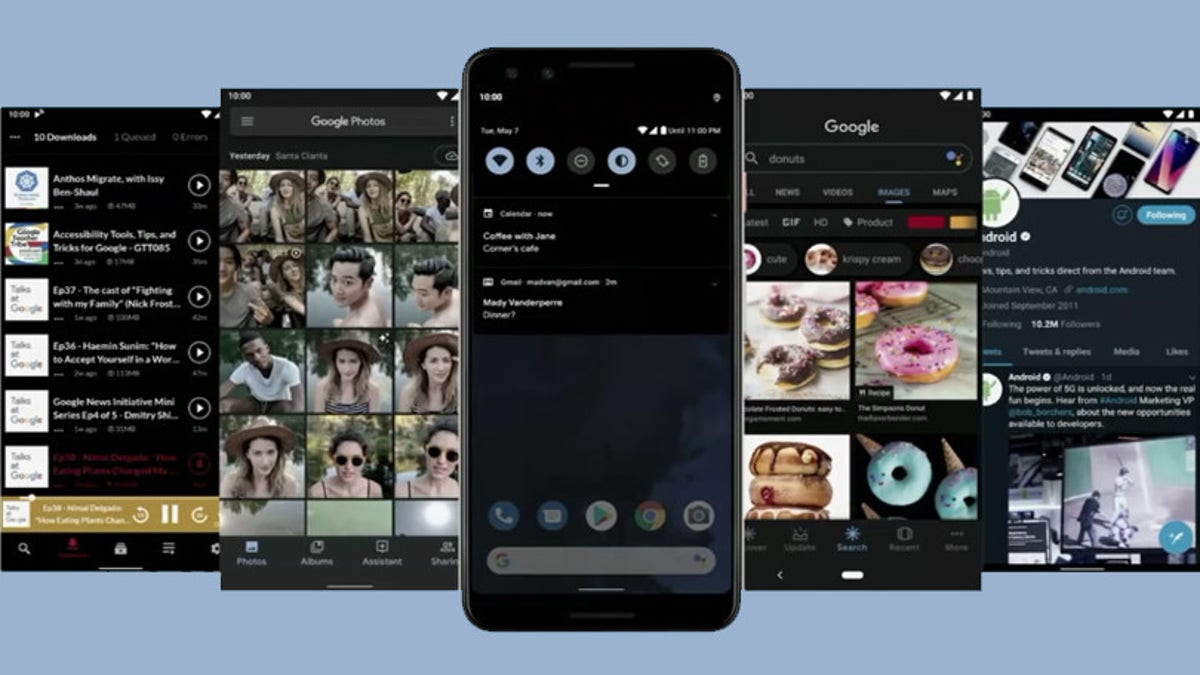
Google is reportedly urging the Trump administration not to ban it from doing business with Huawei, citing security concerns.
Last month, the US government placed Huawei on a blacklist that restricted it from trading with US companies without prior government approval. As a result, Google restricted Huawei's access to its Android operating system. The US later delayed that action by 90 days, but that reprieve expires on Aug. 19.
Should the ban be fully implemented, Huawei would be allowed to use an open-source version of Android, but that means its phones will not come pre-loaded with Google apps like the Google Play Store or security features like Google Play Protect. According to Google, allowing Huawei to run a forked version of Android is a security issue, The Verge reports, citing the paywalled Financial Times.
Google Play Protect runs safety checks on apps before you download them from Google Play, checks your device for malware-laden apps, removes harmful apps from you device, and warns about sketchy apps. Without it, Google says, Huawei phones will be "more at risk of being hacked, not least by China."
More From PCmag
This might not be an issue if Huawei goes forward with a plan to create its own operating system. Last month, Richard Yu, CEO of Huawei's business consumer group, said a Huawei-made OS could debut as soon as this fall or spring 2020 at the latest. The OS will work with smartphones, PCs, tablets, TVs, cars, and wearables, and also be compatible with Android apps, Yu reportedly told journalists in a private WeChat discussion. Huawei still prefers to use Android or Windows, though.
Huawei's OS will be called OakOS in Western markets and HongMeng OS in China, according to the English-lanaguge Chinese newspaper Global Times.
As The Verge notes, though, Google's intentions here are likely two-fold. Yes, security is a concern, but Huawei has a huge footprint in China, so losing it as a customer could have serious financial implications.
Google is not the only tech company that will have to cut ties with Huawei, meanwhile. Intel, Qualcomm, and ARM have all said they will be required to follow the Trump administration's guidance.
This article originally appeared on PCMag.com.








































